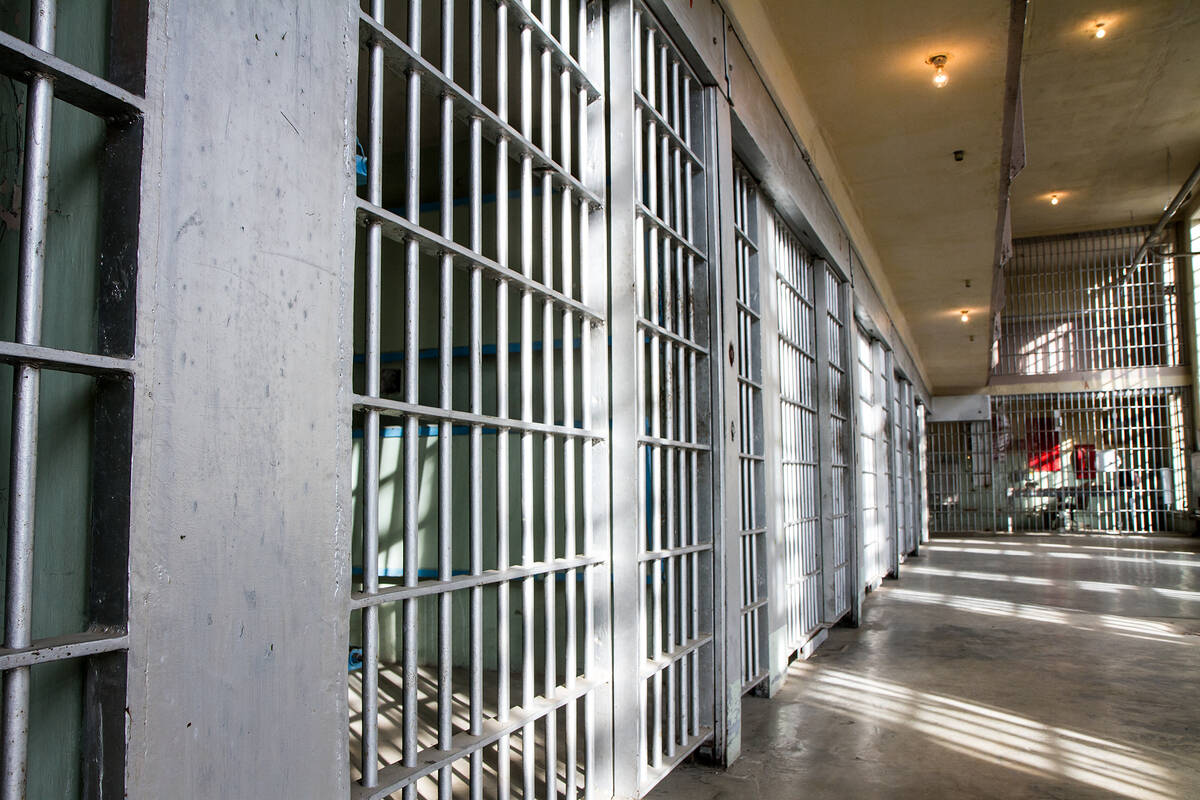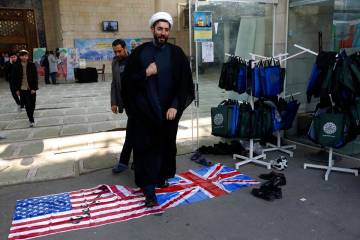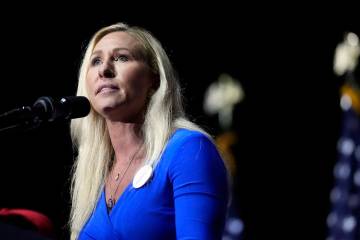CLARENCE PAGE: Why San Francisco’s progressive prosecutor lost after Foxx won
My condolences to Chesa Boudin, the by-now-famous San Francisco district attorney who lost a recall election Tuesday.
The polls saw it coming.
As expected, his loss is being celebrated with Champagne by lock-’em-up conservatives and, for that matter, a lot of crime-weary liberals who have had enough of so-called progressive prosecutors while crime has been on a pandemic-related surge nationwide, especially in cities.
Chicago knows the problem too well — perhaps you’ve seen the footage on TV of rampant shoplifting and organized smash-and-grab robbery teams in fancy downtown boutiques or pharmacies — but the city is hardly alone.
Angry victims in San Francisco prominently include Asian American community voters frightened and fed up over hate crime attacks, which exploded after the COVID-19 pandemic was linked to China and then-President Donald Trump kept calling it the “China virus.”
In a recall election that drew a pitifully poor turnout, such victimized constituencies have a bigger impact than usual.
Boudin, 41, who grew up in Chicago’s Hyde Park neighborhood with his adoptive parents — Weather Underground radicals-turned-college professors Bill Ayers and Bernardine Dohrn — was a first-time candidate who narrowly won in November 2019.
He was part of a national wave of progressive prosecutors who have sought alternatives to cash bail and the racially tilted war on drugs and solutions to unaddressed police misconduct.
But Cook County State’s Attorney Kim Foxx and Philadelphia District Attorney Larry Krasner are also associated with the movement, and both of them were re-elected.
Boudin ran into other problems, including a shortage of allies. For example, the city’s progressive mayor, London Breed, also under pressure to address the city’s problems with a homeless epidemic on downtown streets, turned against him in a startling move.
She can now pick his successor.
His bigger problem, according to local observers, was inexperience, particularly in the grassroots hand-shaking, arm-squeezing style of populist campaigning.
Having seen San Francisco take the lead on dealing with gentrification and skyrocketing housing prices with the dot-com revolution, it is easy to see how much the city has gone upscale. It’s not the laid-back, flower-sniffing hippie haven by the Bay that a lot of us remember from past decades.
As I’ve learned from political consultants over the years, homeowners tend to vote more conservatively. As an old political chestnut goes, you become a conservative when you have something to conserve.
There is a lesson here for Democrats and other liberals who worry about winning back frustrated and displaced working-class and middle-class swing voters who have turned to the lock-’em-up pseudo-solutions promoted by the right: Demographics can be your political destiny. First, learn to connect with voters’ concerns at the grassroots level close to home.
At the same time, most of Foxx and Krasner’s support came from struggling communities of color, the ones who need crime relief the most but also happen to be the most victimized by police misconduct, stop-and-frisk abuse and the incarceration epidemic.
We need real solutions. Building bigger jails and prisons for the homeless or mentally ill is not a solution. It’s reflexive backlash to a problem that, more often than not, leads to only more problems.
That includes taking a genuine interest in the quality-of-life issues that residents face when they really want safe streets and to not have to worry about whether they need a can of bear spray when they go out.
Boudin apparently learned the hard way: People need to get out and vote. Voter apathy is self-destructive. If you don’t vote, you don’t count. Or, at least, your choice isn’t counted — unless you make one.
Contact Clarence Page at cpage@chicagotribune.com.




























